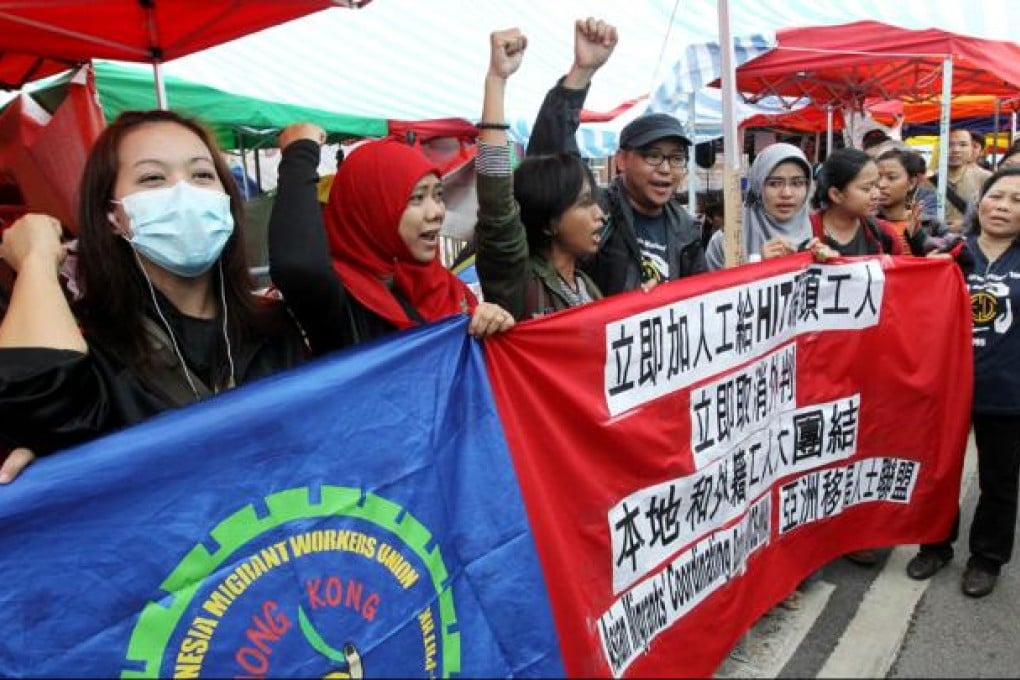Time to step in on Hong Kong dock strike
Shenzhen's competition with Hong Kong as the world's third-busiest container port can only get tougher, which adds to the worry of the dockers' walkout over a wage dispute that has disrupted the operations of Hong Kong International Terminals, and forced traders who depend on it for supplies to think of alternatives.

This city has prospered from the opening up of China, but at a cost to its natural advantage, a deep-water port, as mainland rivals have become more competitive. As a result, Shenzhen threatens to displace Hong Kong as the world's third-busiest container port, behind Shanghai and Singapore. The competition can only get tougher, which adds to the worry of the dockers' walkout over a wage dispute that has disrupted the operations of Hong Kong International Terminals, and forced traders who depend on it for supplies to think of alternatives.
So far, thankfully, the dispute has not seriously affected two prime considerations. The first is businesses almost entirely dependent on imports including transshipments and, ultimately, the whole community. The other is our priceless reputation as a free port, at home and abroad, for efficiency and reliability. If the strike drags on, there is it will raise the more serious prospect of the walkout spreading, to everyone's cost. The shadow over the city's reputation may not be easily erased, which would play into the hands of rival ports.
Video: No bathrooms and 24-hour shifts – the life of a dock workhorse
Apart from a recently introduced minimum wage for the lowest paid, pay and conditions are freely bargained according to supply and demand, a system blessed with a low level of industrial disputation that is the envy of many other places.
Generally the government has no business involving itself unless an essential service is affected; nor is there any need to. However, with serious disputes the exception, we do not have much experience of resolving them with the least possible loss and damage to the protagonists and the community at large.
The Kwai Tsing container terminal dispute may be a case in point. It quickly became bogged down in technical issues involving subcontractors and the question of who employs whom, and the status of the dockers in any negotiations.